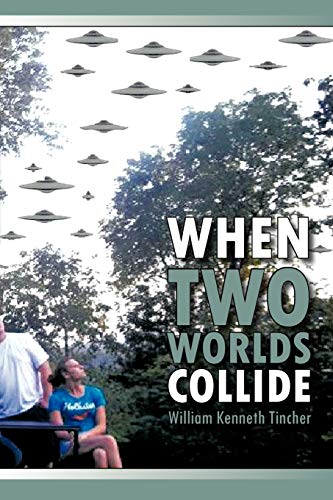


She had (as you would expect) received exceptional clinical care from both ambulance and hospital staff and I could not fault anyone. Although I knew I was going faster than I should, I kept going.Īt this point I will fast forward the story and explain that my daughter was cared for by the attending crew and taken to hospital for ongoing observations. I was relieved to know the names of the responding crew as they were colleagues who would no doubt give my little girl the best care, so I hung up and drove fast. I tried to call my wife back but there was no answer, so I rang the dispatch supervisor to ask which crew was responding. I hadn’t even locked my drug kit away because at that point, nothing else mattered. I retrieved my keys and departed the station with haste. My whole world caved in around me as I told her to hang up and ring 000 (the emergency services number in Australia).Īlthough I’m sure I ran into the station, I felt like I was walking in slow motion. Our little daughter, the newest member of our family, was unresponsive. Working in a remote town just over 130 kilometres from my home, I was part way through a day shift when my wife rang. For the purpose of this article, I will share two of three incidents that warped my senses while on duty. Ironically, I was an experienced paramedic in dealing with other people’s pain, but I was innocent and ignorant to what pain really was. We didn’t know it at the time, but our little girl was about to embark on a journey through a rare cancer that no child or parent should have to endure. My little girl, my darling little angel, has endured two years of chemotherapy. Although it may seem incredibly unlucky, I will attempt to put this in context of our situation. I have experienced this sickening feeling of being dispatched home three times in my career. This is specifically why it is important to open the discussion for all to digest in the hope that lessons learned will help others manage the situation better, not only for the paramedic affected, but for those working with them. However, some paramedics already know this feeling, and some will regrettably know it in the future. Most paramedics will never have to experience the emotional turmoil that comes with the realization that the house and family calling for help is their own. All I have to offer are my own experiences and observations as a paramedic whose two worlds have collided. What happens to us when these two worlds collide? How do we respond, cope and recover? I wish I had the answer, but I don’t. The battle between neurons and emotions is a one-sided slip, that once on, a paramedic will have little chance to regain control. The sickening, emotionally numbing feeling a paramedic will experience upon being dispatched to their own home. However, there is an encounter that a paramedic cannot prepare for. Our loved ones are what keeps many of us caring for complete strangers. Yet often not far from our own minds, are our loved ones. However, paramedics carry on shift after shift providing assistance and care to their communities. And the experiences can be life altering. They will be asked to drive or fly in any direction required and they will meet a myriad of people during a shift. An EMS crew will come in, check their equipment and await the buzz of the radio dispatch that will send them on their way. We accept the unknown, because every shift is an unknown. We carefully and systematically apply algorithms and checklists to navigate the emotional minefield of prehospital care. (Photo by the author.) IntroductionĮmergency medical service professionals are used to the emotional and physical challenges that our role commands.


 0 kommentar(er)
0 kommentar(er)
